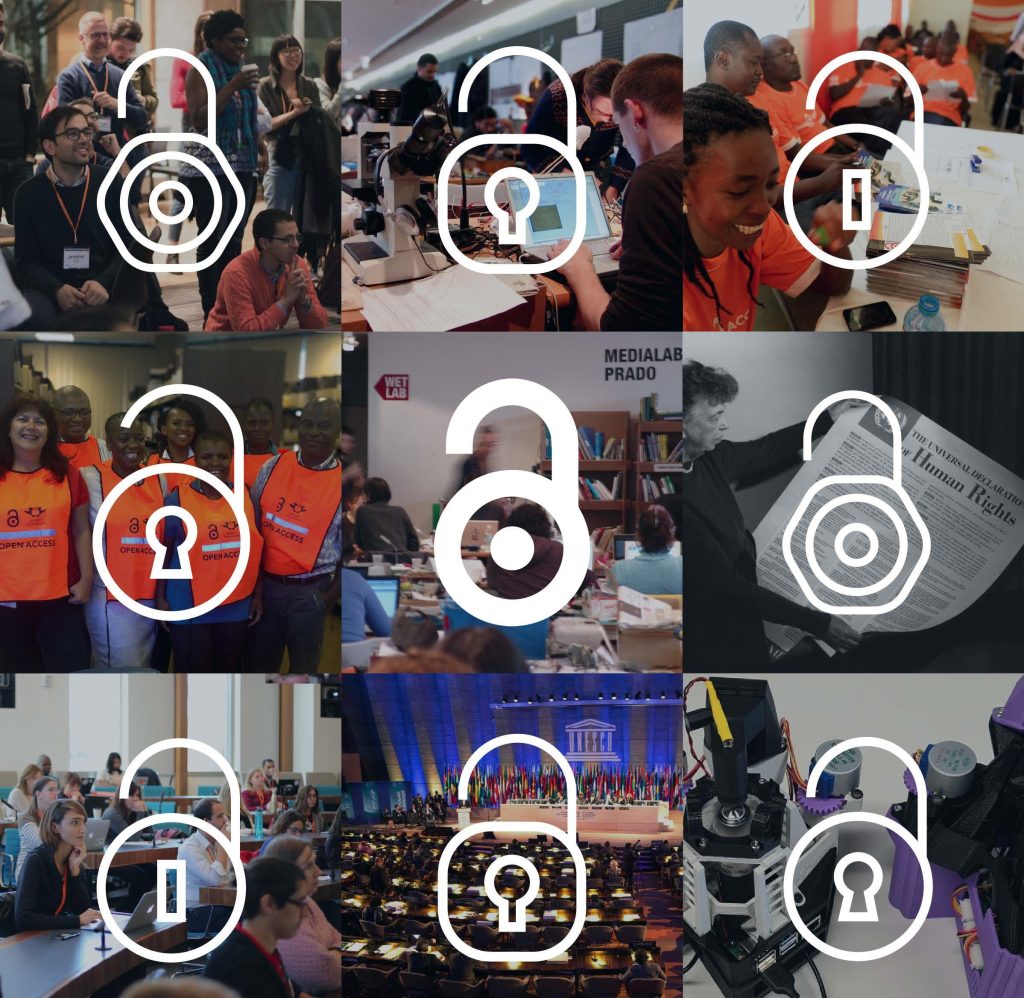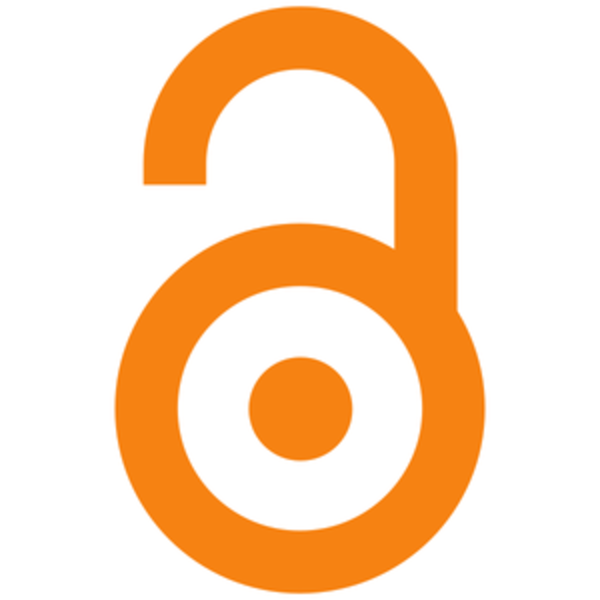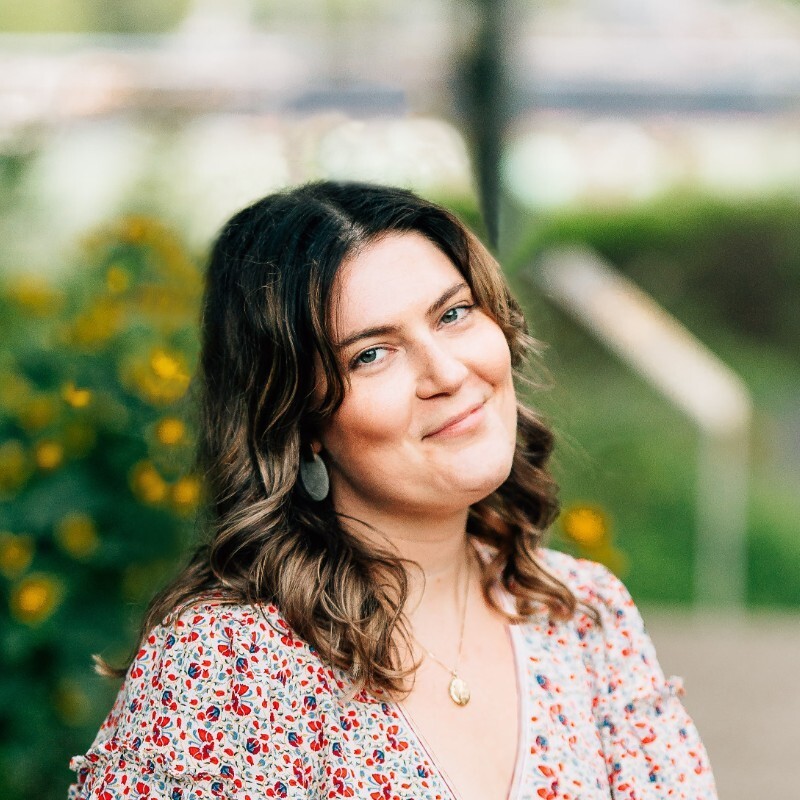Five years ago, Temple University took the first step toward increasing the global visibility and public value of Temple scholarship with the launch of our institutional repository, TUScholarShare. During this year’s International Open Access Week (Oct. 20-26), we celebrate its remarkable journey, milestones, and those across our community who made it all possible.

Celebrate TUScholarShare with Temple Libraries!
Tuesday, October 21 | Noon
The event will feature opening remarks from Dean of Libraries Joe Lucia, a demonstration of the repository’s upgraded platform, engaging lightning talks from repository contributors, as well as excellent opportunities to connect and collaborate with the TUScholarShare team. Click here to RSVP.
A Look Back: The Vision Behind TUScholarShare
TUScholarShare is an interdisciplinary repository maintained by Temple University Libraries and hosted on a customized DSpace platform called Open Repository. When the repository launched amidst the COVID-19 pandemic in 2020, our goal was simple yet ambitious:
To support the needs of the Temple University community around sharing, promoting, and archiving the wide range of scholarly works created in the course of research and teaching with the goal of advancing knowledge and learning.
At that point, the repository had less than 100 items in it, including materials from Temple University Libraries staff and a few faculty members who were interested in serving as beta testers, including Dr. Graham Dobereiner (Chemistry), Dr. David Sarwer (College of Public Health), Dr. Peter Logan (Emeritus, English), Dr. Marcus Bingenheimer (Religion), Dr. Andrew Iliadis (Media Studies and Production), Dr. Avi Kaplan (Psychological Studies in Education), Dr. Jamie Reilly (Communication Sciences and Disorders), and Dr. Jeremy Mennis (Geography, Environment and Urban Studies).
Since then, TUScholarShare has grown into a cornerstone of Temple’s scholarly ecosystem. This success is in large part due to our early supporters who helped us refine our workflows and troubleshoot issues.
By the Numbers: 5 Years of Growth
Over the past five years, Temple faculty, researchers, staff, students, and affiliates have contributed a broad range of digital content to TUScholarShare. Some of these deposits have even satisfied open access and data availability requirements from publishers and federal funding agencies.
As of October 2025, here are a few key milestones:
- 10,500+ items deposited
- 3 million+ downloads (since 2020)
- Contributions from 300+ academic departments
- Users from 150+ countries
Most Popular Content Types in TUScholarShare:
- 5,523 theses and dissertations
- 3,604 journal articles
- 161 posters
- 139 research projects
- 131 pre-prints
- 115 post-prints
- 103 reports
- 94 datasets
- 51 syllabi
Most popular collection: Theses and Dissertations
Most popular Temple author: Dr. Bradley Baker (School of Sport, Tourism, and Hospitality Management)
Most viewed record: Rosenthal, R. & Rosnow, R. L. 2008. Essentials of Behavioral Research: Methods and Data Analysis. Third Edition. New York: McGraw-Hill. [textbook]
Most downloaded record: Su, Yiran & Baker, Bradley & Doyle, Jason & Kunkel, Thilo. (2020). The Rise of an Athlete Brand: Factors Influencing the Social Media Following of Athletes. Sport Marketing Quarterly. 29. 33-46. 10.32731/SMQ.291.302020.03. [journal article]
Learn More About TUScholarShare
Interested in learning more about TUScholarShare? Visit the Library website for more information on the benefits of depositing your work, eligible content, and how to deposit.
Have questions? Visit our FAQs page for information on institutional repositories, publishing, and copyright. Or contact the TUScholarShare Administrator (alicia.pucci@temple.edu).
Ready to deposit your work? Contributing content to TUScholarShare is quick and easy. You can deposit a single work yourself, place a CV review request, deposit research data, or email scholarshare@temple.edu to schedule a consultation to deposit content on behalf of a Temple department or unit.
Stock Celebration Icon Vector And Icon by vectorportal.com is used under a CC BY 4.0 License.





